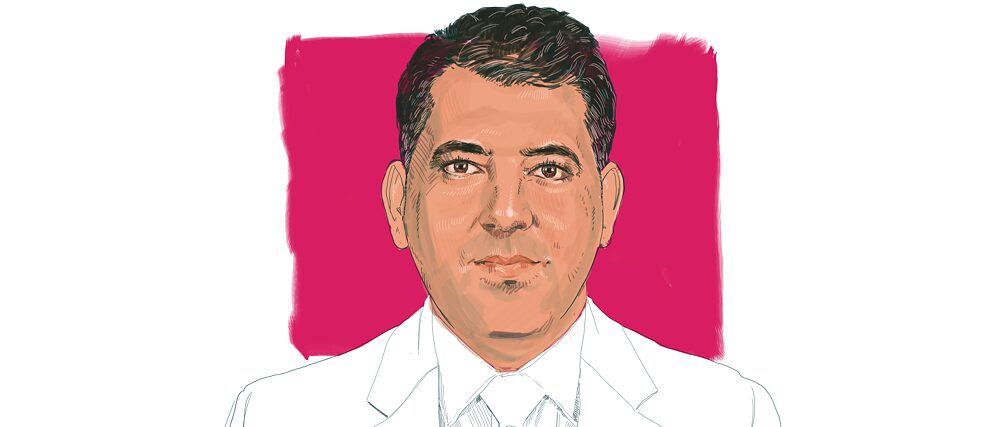by Jameel Al-Jameel from Qaraqosh- Nineveh
Diversity Strengthens Our Existence

Jameel was born in 1990 in Hamdaniya, Qaraqosh, in Nineveh. He grew up there and completed his education at the University of Mosul. He began to study for a degree in Arabic in 2008, but agents of Al-Qaeda threatened him because, according to Caliph Umar Ibn al-Khattab, non-Muslims (Jews and Christians) are not allowed to study the language. They attacked Jameel. His wounds from the attack confined him to a hospital for three months. Jameel changed subjects and studied geopolitics.
To earn a living, Jameel worked in many different cities, including Erbil, Baghdad, Hilla and Nasiriyah. On his first day of work in Nasiriyah, ISIS attacked Qaraqosh, causing much pain and suffering for the population of this region, including Jameel’s family members. His house was burnt down and all his three thousand books were lost to the fire.
After returning from Nasiriyah to Qaraqosh when ISIS was defeated, Jameel couldn’t find a job. He decided to volunteer with humanitarian associations and organise activities in the camps for internally displaced people to provide support and hope. In this role, he came to know many different people from across Iraq. This inspired Jameel to rally the youth and help them to write their stories by teaching them grammar and writing styles. Prior to ISIS, when Al-Qaeda was dominant in the region, Jameel was not able to bring minorities together in this way to strengthen solidarity and peaceful coexistence. Now, fortunately, there are increased opportunities, Jameel organised the first literature forum in Iraq to bring people from different backgrounds–such as Turkmen, Kurds, Yezidis, Christians, Shabak and Kakeyis–to foster a spirit of solidarity.
The idea behind the project
The project, funded by Spotlight Iraq, is a collection of poetry by various poets from all the different groups in the region: Yezidis, Christians, Kurds, Arabs, Acadians, Kakeyis, Shabak, and others. The collection details names, profiles and two poems by a poet from each minority in Iraq.Jameel selected five poets each from each ethnic minority group. In each section with the poets’ names and profiles, there is also information about their ethnic group, followed by poems in their original language and Arabic. He wishes to show that Nineveh is not only a Muslim or Arab region; it belongs, rather, to all the ethnic minorities who live there. The book represents seven communities, each one with five poets, which comes out to thirty-five poets in all. It is about 480 pages and was published in Arabic and another language of the poet. The book was published in December 2018 in Baghdad. It was a great success with universities and their faculties. The message of this book is that diversity is a strength: different cultures, voices, languages and colours only enrich the human experience.
Comments
Comment